Unity game engine
Overview
The Unity game engine is a powerful, versatile platform used for the development of both 2D and 3D video games and interactive experiences. Developed by Unity Technologies, Unity is renowned for its broad capabilities and ease of use, making it a popular choice among both independent developers and large game studios.
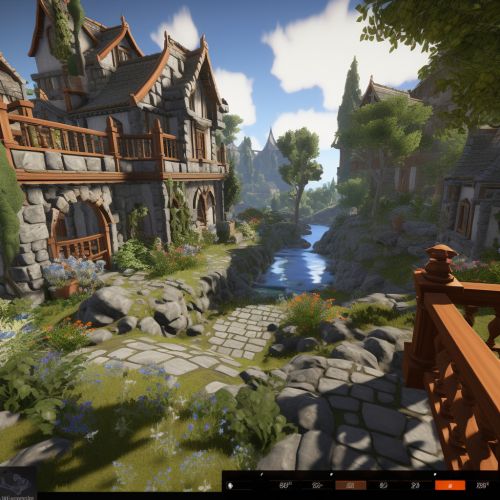
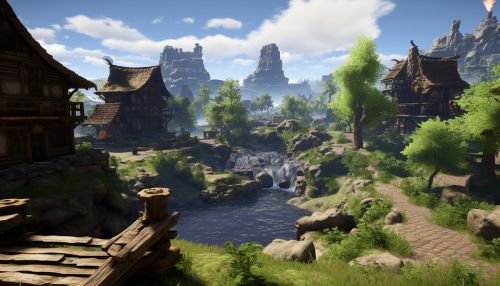
History
Unity Technologies was founded in Denmark in 2004 by David Helgason, Joachim Ante, and Nicholas Francis. The initial release of the Unity engine, Unity 1.0, was launched at Apple’s Worldwide Developers Conference in June 2005. The engine was unique for its time, offering powerful development tools and capabilities that were accessible even to developers with limited resources.
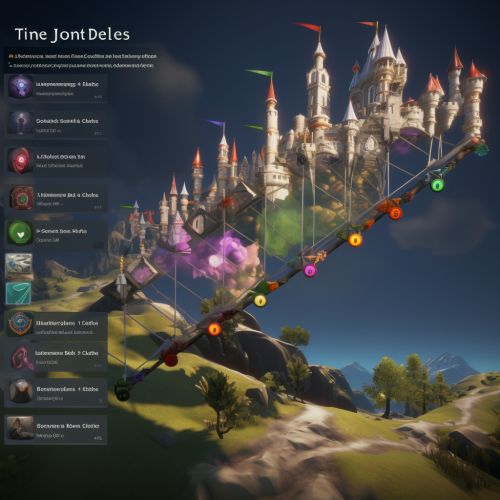

Features
Unity offers a wide range of features that facilitate game development. These include a robust physics engine, support for custom shaders, 3D animation tools, and a flexible asset management system. Unity also supports a wide range of platforms, including Windows, macOS, Linux, Android, iOS, and many more.

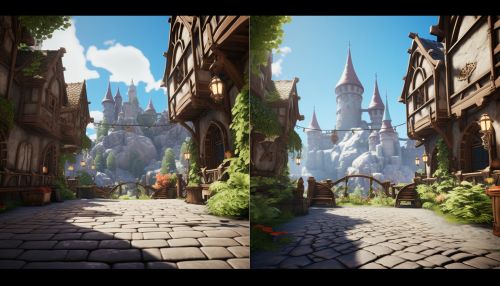
Physics Engine
Unity's physics engine, PhysX, is capable of simulating complex interactions between objects in a game world. It supports collision detection, rigid body dynamics, soft body dynamics, and ragdoll physics.
Shaders
Unity supports custom shaders, allowing developers to create a wide range of visual effects. Shaders are scripts that control how the engine renders graphics, and can be used to create effects such as transparency, gradients, and special effects.
Animation
Unity includes a comprehensive animation system, allowing developers to create complex animations for characters and objects. The system supports both keyframe and procedural animation, and includes tools for rigging, skinning, and animating characters.
Asset Management
Unity's asset management system allows developers to import, organize, and manage game assets. It supports a wide range of file formats, and includes tools for optimizing performance and managing dependencies.
Scripting
Unity uses C# as its primary scripting language. C# is a powerful, object-oriented language that allows developers to create complex game mechanics and interactions. Unity's scripting API provides access to a wide range of engine features, and supports both component-based and entity-component-system (ECS) programming models.
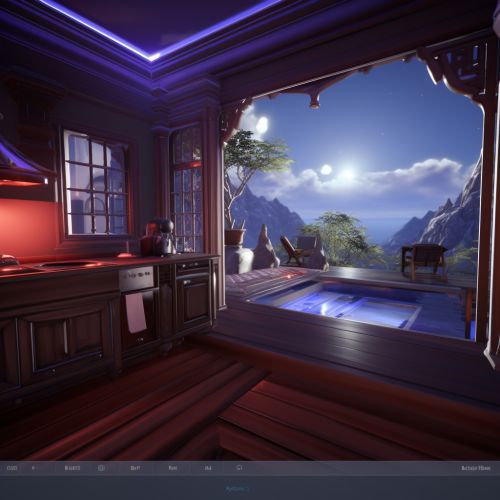

Platform Support
One of Unity's key strengths is its broad platform support. Unity allows developers to build games for a wide range of platforms, including desktop operating systems (Windows, macOS, Linux), mobile platforms (Android, iOS), web platforms (WebGL), game consoles (PlayStation, Xbox, Nintendo Switch), and virtual reality platforms (Oculus, SteamVR).
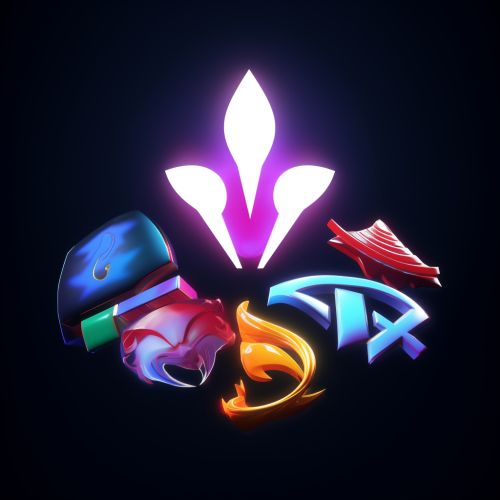
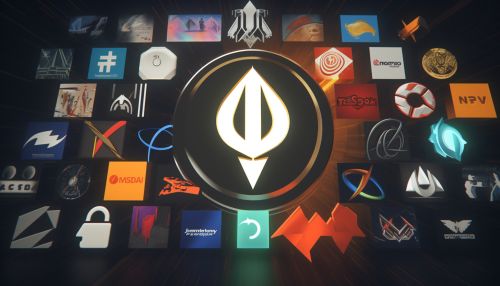
Community and Ecosystem
Unity has a large and active community of developers, which contributes to a rich ecosystem of resources and support. This includes a vast asset store, where developers can purchase and download pre-made assets, scripts, and tools. Unity also hosts regular events and competitions, and provides extensive documentation and tutorials.


Criticisms and Controversies
Despite its popularity, Unity has faced criticism for various issues. These include performance issues, particularly on mobile platforms; a perceived lack of support for advanced graphics features; and concerns about the company's pricing model and business practices.


